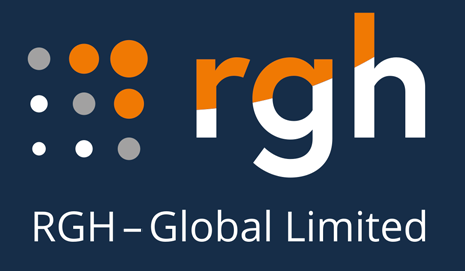News & views
Traversing the UK Job Market: Resilience, Green Trends, and the Power of Sustainability
Date Posted: 5 December, 2023In the ever-evolving landscape of Q3 2023, businesses demonstrated resilience, with 80% engaging in recruitment—maintaining consistency from the previous quarter. Notably, over a third of these enterprises increased their hiring efforts, reflecting a proactive approach to talent acquisition.
Despite the average time to hire ticking up to 6.1 weeks in Q3, a slight increase from Q2, the broader employment scenario showed promise. The UK witnessed a drop in economically inactive individuals due to a decline in the cost of living, leading to a reduction in the average time to hire. However, challenges persisted, with long-term sickness contributing to a rise in the economically inactive population.
The job market’s intricate dance was evident as the unemployment rate climbed to 4.3% in Q3, highlighting a mismatch between available opportunities and candidates. Temporary staffing and business restructuring trends continued, emphasizing adaptability amid evolving circumstances.
Encouragingly, despite these challenges, business confidence remained robust. A significant 59% of employers expressed confidence in meeting their recruitment needs in Q4 2023, signalling a positive outlook. Industries such as Transportation & Distribution, Real Estate, and Medical & Health Services were poised for increased hiring in the upcoming quarter.
The economic landscape received a boost from the UK’s GDP performance, outperforming expectations and positioning the country favourably among G7 nations. As the inflation rate and wage growth were expected to stabilise in the coming months, the business environment seemed poised for further improvements.
Amidst this backdrop, the demand for green roles emerged as a notable trend. The focus on sustainability extended beyond rhetoric, with a 677% increase in green roles between 2019 and 2023. Notably, over a fifth of businesses actively sought to increase their green roles, rising to 44% for larger enterprises.
However, the pursuit of green initiatives faced challenges, including a lack of training opportunities for green skills. Despite this, 18% of businesses recognised the importance of facilitating transitions into green roles, especially in sectors such as Manufacturing, Construction, and IT & Telecoms.
The rising significance of Environmental, Social, and Governance (ESG) factors in business decisions was palpable, with 58% of companies implementing sustainability frameworks. Larger businesses took the lead, with 85% either having or planning to introduce such frameworks, showcasing the strategic importance of sustainable practices.
Employee expectations aligned with the green movement, as 82% expressed a desire for employers to address climate change. The workforce, led by eco-conscious Millennials and Gen Z, increasingly sought opportunities with sustainable employers. This shift in preferences was not only observed in job choices but also in employee satisfaction, with 4 in 5 candidates expressing higher job satisfaction when working for a sustainable employer.
As the narrative of sustainability becomes intertwined with employer branding, transparency emerged as a critical factor. Candidates, wary of greenwashing, demonstrated a preference for authenticity. Employers, in turn, had an opportunity to leverage their sustainability initiatives as a unique selling point in attracting talent, with 72% feeling confident in communicating their environmental efforts.
In conclusion, the convergence of economic recovery, green job demand, and the emphasis on sustainability underscores a transformative phase for the UK job market. Employers navigating these shifts have a chance to not only enhance their employer branding but also to align with a growing talent pool that values purpose-driven organisations.
What are your thoughts on the evolving job market dynamics and the increasing emphasis on sustainability in the workplace?
arrow_upward





